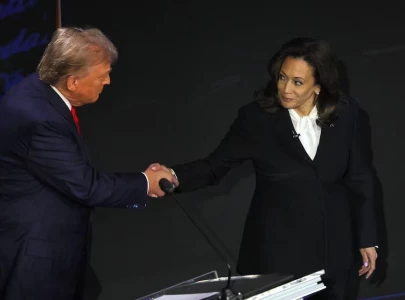
While focusing on manifestos is important, it is not uncommon for these documents to contain rather grandiose aspirations aiming to attract as many voters as they can. It is, however, important to separate rhetorical statements from assertions with more substantive policy implications.
Given this context, a recent research report released by the Jinnah Institute (JI) in Islamabad makes for interesting reading. The “JI’s Assessing Implementation of Political Party Manifestos” provides a comparative analysis and review of the manifesto pledges of political parties since the 2008 general election.
The report studies important areas of governance including education, energy, unemployment, women, minorities, counterterrorism and youth. It briefly examines the promises made in manifestos of the PPP, PML-N, PML-Q, MQM, ANP and JUI-F and what was, in turn, done by these parties to fulfill their pledges, when they got the chance to exert their political influence.
Although the analysis undertaken was brief and lacked sufficient cross-comparison between approaches of different parties, the analysis does yield some interesting findings. It noted, for instance, that despite variations in policies and targets, all major political parties had emphasised the need for education, tackling economic problems, such as the energy crisis and unemployment, as well as the need to empower women. While a range of efforts were also made to address these challenges, albeit with mixed results, some other important issues remained completely neglected. In particular, the need for addressing youth and minority concerns.
The JI report does not assess the underlying assumptions of political manifestoes including their increasing endorsement of neo-liberal rather than redistributive policies, nor the lack of attention by different parties to tackling complicated issues such as the environment or gender biases, which require a much more cross-cutting approach. However, the JI attempt is a good step which sets a precedent for other think tanks to continue this process of monitoring manifestos and their implementation in order to hold policymakers accountable to their pledges.
The JI also rightly points to the need for major political parties to develop internal evaluation systems, so that they may themselves regularly begin to assess successes and failures in terms of what was proposed in their manifesto, and what they have actually been able to deliver. The JI notes that the PPP conducted an internal assessment of its previous two governments under Benazir Bhutto. However, this analysis does not compare the performance of the previous government with the party manifesto. The PML-N’s 2007 manifesto also included a brief note on the party’s performance in previous tenures, but this was hardly a comprehensive performance review. The MQM and the ANP also seem to have developed internal review processes, but their findings have not yet been made public. Upcoming political parties like the PTI would also do well to pay heed to undertaking such an initiative, if their party wins enough support to exert an influence on policymaking.
Recurrent analysis of their own performance vis-a-vis their stated manifestos would certainly help political parties become more self-reflexive, accountable, and in turn, help them espouse more truthful and realistic political visions.
Published in The Express Tribune, April 29th, 2013.







1729685382-0/Untitled-design-(57)1729685382-0-270x192.webp)


1730706072-0/Copy-of-Untitled-(2)1730706072-0-270x192.webp)
COMMENTS
Comments are moderated and generally will be posted if they are on-topic and not abusive.
For more information, please see our Comments FAQ